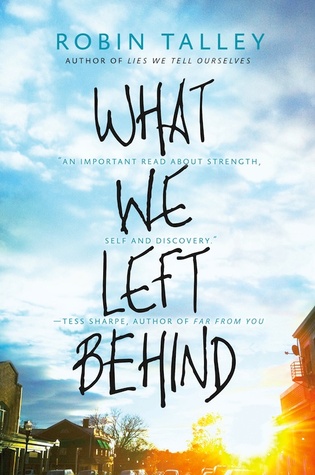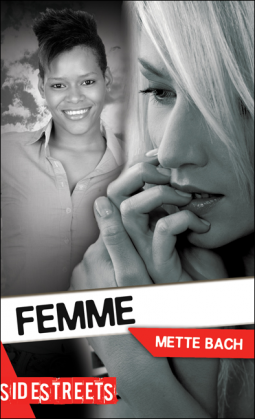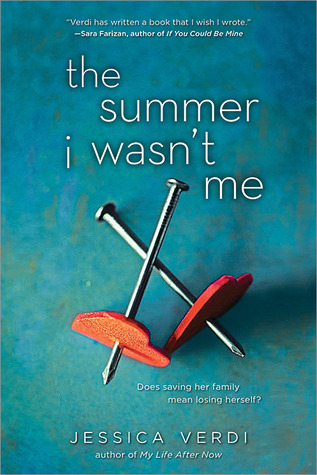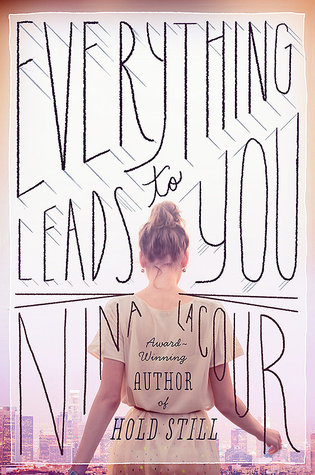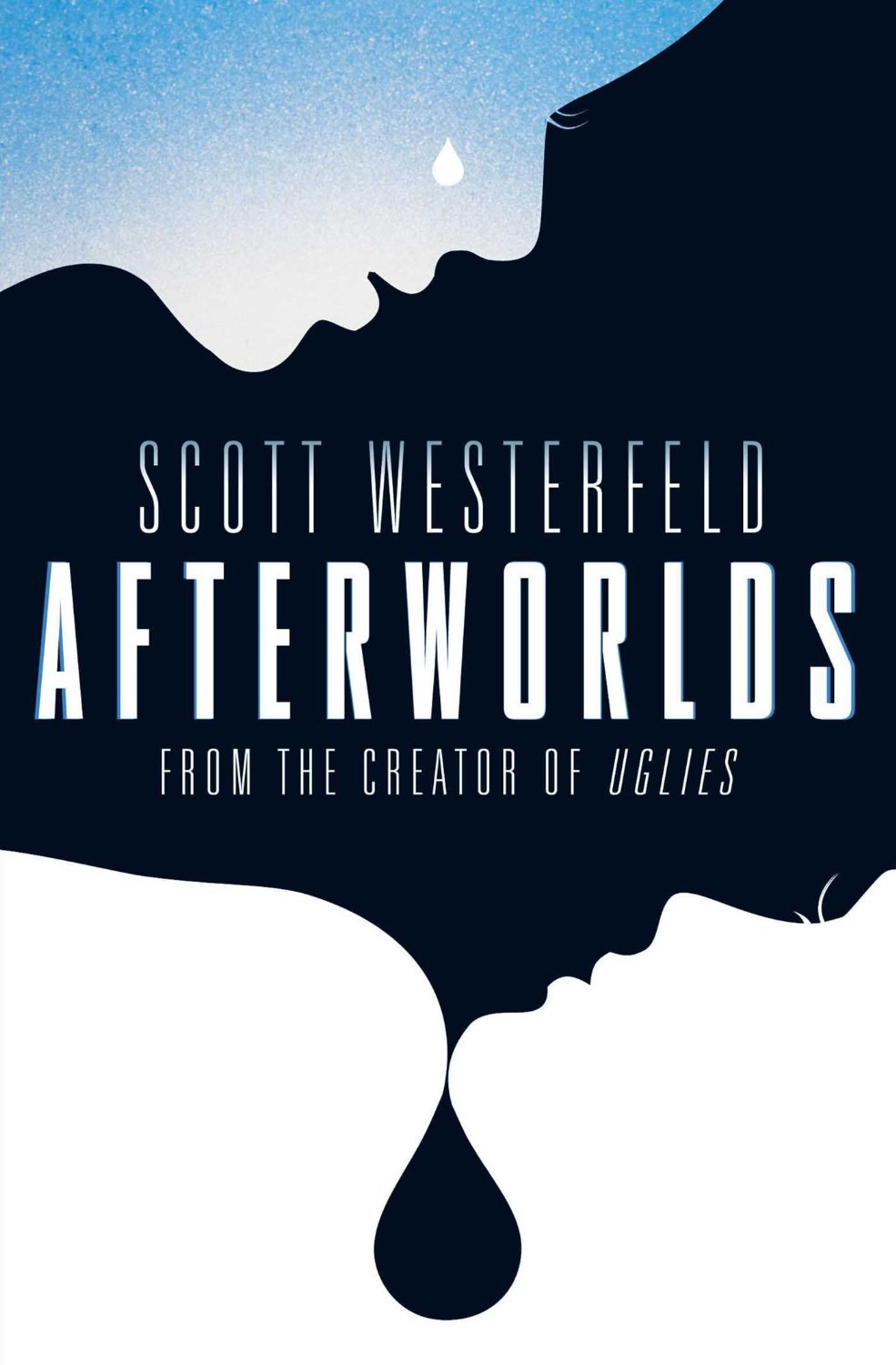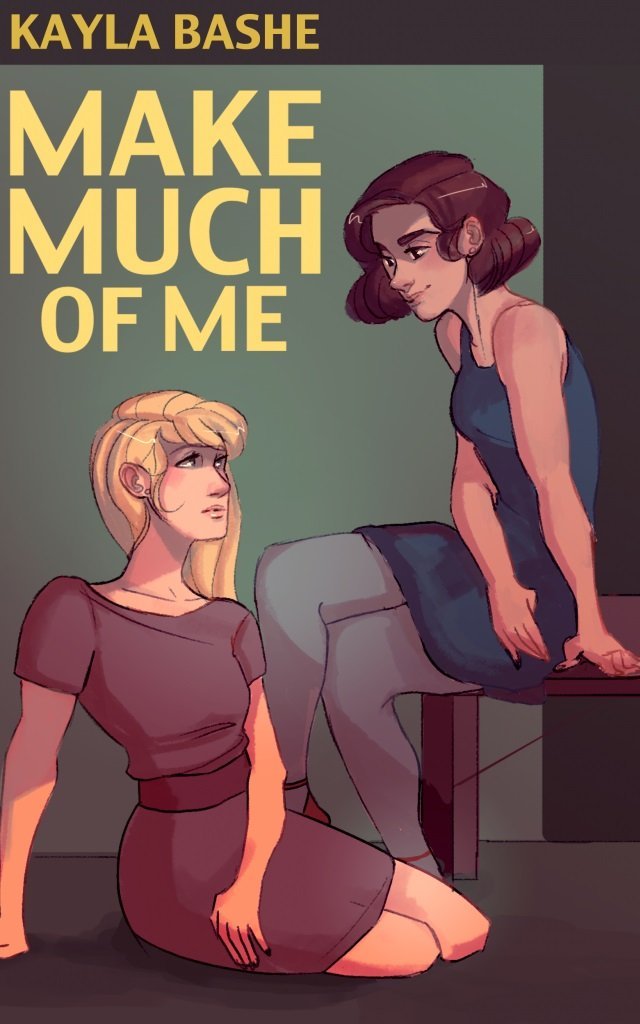“Let me not to the marriage of true minds
Admit impediments. Love is not love
Which alters when it alteration finds,
Or bends with the remover to remove:
O no; it is an ever-fixed mark,
That looks on tempests, and is never shaken…”
If only.
Toni and Gretchen have been in love from the moment they met, dancing with each other’s dates at the Junior Homecoming Dance. They don’t differ, don’t disagree, don’t want to do anything but be together. Even after they graduate, they’ve got it figured out: Toni to Harvard, Gretchen to BU and there will only be a few subway stops between them. Then Gretchen accepts a last-minute admission to NYU and suddenly everything changes. It’s not that she doesn’t love Toni, she just needs to find out who she is, who she can be on her own. And once Toni gets to Harvard and hooks up with the Trans* group, she starts to wonder who she is as well. It’s a year of change, a year of discovery, love and loss. Who will they be when it’s all over? What will they be to each other?
What We Left Behind is a very good read. The story of Toni and Gretchen– their actions and reactions, thoughts and feelings– is not one we’ve read before. All the characters, main and supporting, are so well-imagined and well-presented the reader is at once drawn in to their world; the dialogue so realistically rendered it speaks in the ear. You want to root for the girls, for their relationship, and for the people they are realizing themselves to be. The disconnect breaks your heart even as it breaks theirs. The only criticisms I have are small~ Toni’s quest for a gender identity label can sometimes seem a bit like a list of every gender expression tumblr has to offer, and in no part of Great Britain is Guinness ‘the ultimate British drink’, but these are minor quibbles and easily overlooked in a major work. Beautifully done.

